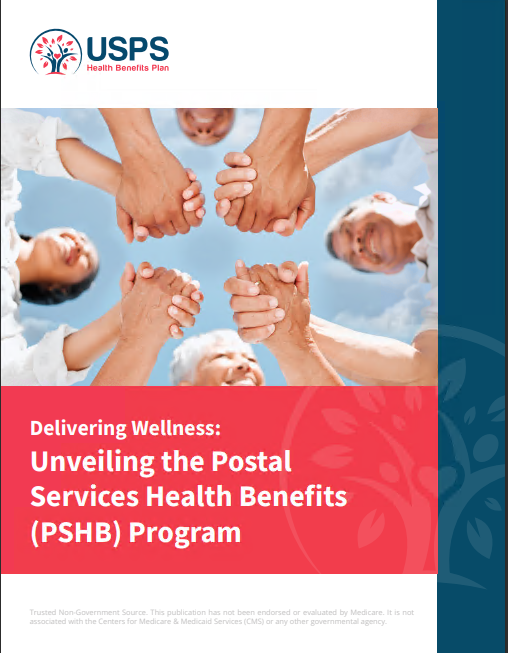Demystifying Medicare: A Simplified Guide
Understanding Medicare Basics
At its core, Medicare is a federal health insurance program primarily catering to individuals aged 65 and older, as well as certain younger individuals with disabilities or specific medical conditions. The program comprises various parts, each serving distinct purposes:
- Medicare Part A (Hospital Insurance): Part A provides coverage for inpatient hospital stays, skilled nursing facility care, hospice care, and some home health services. Most beneficiaries receive Part A coverage automatically upon turning 65, provided they or their spouse worked and paid Medicare taxes for a specified duration.
- Medicare Part B (Medical Insurance): Part B encompasses coverage for outpatient medical services, including doctor visits, preventive care, durable medical equipment, and some home health services. Beneficiaries typically pay a monthly premium for Part B coverage, with costs varying based on income.
- Medicare Part C (Medicare Advantage Plans): Part C, also known as Medicare Advantage, offers an alternative to original Medicare by bundling Parts A and B benefits into a single plan administered by private insurance companies. Medicare Advantage plans often include additional benefits such as prescription drug coverage, dental, vision, and fitness programs.
- Medicare Part D (Prescription Drug Coverage): Part D provides standalone prescription drug coverage, available through private insurance companies contracted with Medicare. These plans help beneficiaries afford the cost of prescription medications, with coverage varying based on the formulary and cost-sharing structure of each plan.
Eligibility for Medicare typically hinges on age or specific medical conditions:
- Individuals aged 65 or older qualify for Medicare based on age.
- Certain individuals under 65 may qualify if they have received Social Security Disability Insurance (SSDI) for a designated period or have certain medical conditions, such as end-stage renal disease (ESRD) or amyotrophic lateral sclerosis (ALS).
Enrollment in Medicare typically occurs during specific enrollment periods, including:
- Initial Enrollment Period (IEP): The IEP begins three months before the month of the beneficiary’s 65th birthday and extends for three months afterward.
- Annual Enrollment Period (AEP): The AEP, also known as the Open Enrollment Period, occurs annually from October 15th to December 7th, during which beneficiaries can make changes to their Medicare coverage.
- Special Enrollment Periods (SEPs): SEPs may be triggered by certain life events, such as moving to a new area, losing employer-sponsored coverage, or qualifying for additional assistance programs.
Choosing the Right Coverage
Selecting the appropriate Medicare coverage entails careful consideration of individual healthcare needs, budgetary constraints, and preferences. Factors to contemplate when choosing Medicare coverage include:
- Healthcare needs: Assessing current and anticipated healthcare needs can help determine the most suitable coverage options, such as original Medicare vs. Medicare Advantage.
- Prescription drug coverage: Evaluating prescription drug needs and comparing Part D plans’ formularies and costs aids in selecting optimal drug coverage.
- Budget considerations: Understanding premiums, deductibles, copayments, and coinsurance associated with various Medicare options helps align coverage with budgetary constraints.
Conclusion: Empowerment Through Knowledge
By simplifying the intricacies of Medicare, we aim to empower you to navigate this vital aspect of your healthcare journey with confidence and clarity. Armed with understanding, you can make informed decisions about your Medicare coverage, ensuring access to quality healthcare services that meet your needs and preferences.
As you embark on your Medicare enrollment journey, remember that you’re not alone. Licensed insurance agents specializing in Medicare stand ready to provide personalized guidance and support, assisting you in selecting the coverage that best suits your individual circumstances.
Take the first step towards securing your healthcare future by delving into the world of Medicare and unlocking the benefits and possibilities it offers.
Featured Articles
Leave Your Feedback






